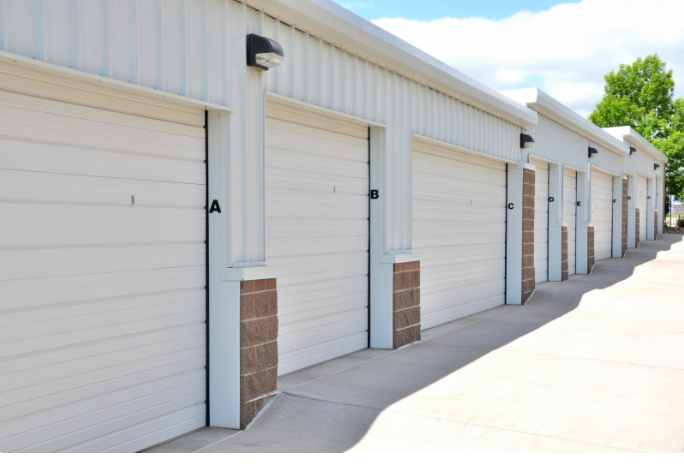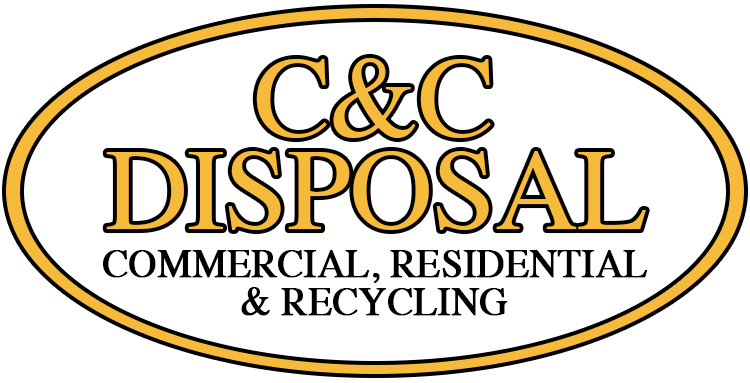
When moving house, there are lots of reasons why you might need to store your things. Maybe you’re moving from your old house before the new place is ready. Perhaps you’re downsizing, or you’ve just inherited a relative’s furniture, and you want to save it for when your child gets their own place. Whatever the reason there are a few things you should know about renting storage.
If your household goods need to be put into storage between moving out and moving into your new home, your moving company can provide storage options. Ask your movers and have them prepare a quote. Even if it costs a little more to use their service, it may be worth the extra amount for the convenience of having the movers deliver your items directly from your home to the storage facility. If this is an option, make sure you ask if you have access to your things and if you do, what kind of notice is required. Also, research their storage facility as you would any other company.
Get Rid of Stuff Before You Rent Space
So you need a place to store your things, but before you start investigating various options available, ask yourself the following questions:
Do you need all the stuff you need to store?
If you got rid of the stuff, would you miss it?
When was the last time you used it? (if you can’t answer this, you should probably chuck it!)
Does it have any sentimental or monetary value?
You should ask yourself these questions before you start packing. The key to any successful move is to sort, strip-down and sell. If you can’t sell it, donate it.
What Do You Need to Store?
The next question is, what are you storing? Items such as wine, boats, and vehicles all require special storage. Or if you’re storing valuable papers, you may want to ask about climate-control facilities. Just keep in mind that climate-control storage costs more, but will prevent temperature changes from damaging your belongings. So, determine which items will be stored, take inventory, make a list and have this information ready when you start calling companies.
How Much Storage Will You Need?
Now that you know how much and what kind of stuff you’ll have to store, you need to determine the size of storage unit you will require. The information provided below is pretty standard for most companies, although most companies can accommodate what you need by rearranging moveable walls. Note: the measurements below are represented as L x W x H in feet.
5 x 5 x 10 = Small items, boxes, books, etc…
5 x 10 x 10 = Small 1 bedroom home
10 x 10 x 10 = 1 bedroom home
10 x 15 x 10 = 2 to 3 bedroom home
10 x 20 x 10 = 3 to 4 bedroom home
10 x 30 x 10 = 5 to 7 bedroom home
How to Find and Assess the Company
Do your research. Just like choosing a moving company, you want to be sure your things are in safe hands. Unlike hiring movers, storage is often needed at your destination. It can be more difficult to orchestrate. If you’ve hired a moving company, it is best to have the moving company make an additional stop at the storage facility, so you don’t have to move twice. Just remember to properly label storage items and load them as a group either first or last depending on when the truck will be unloading at the storage facility.
You can also contact the local police station and ask about the crime rate in the area where the facility is located. Find out if they’ve had any break-ins or reports of any problems. It is important information especially if you’re moving to another city or town and are unfamiliar with neighborhoods.
Ask your landlord, if you’re moving into a rental or the real estate agent who helped in purchasing your new home. Larger real estate companies have offices across the country and can usually give you a reference to another location.
No matter where the storage facility is located, preliminary information can be obtained over the phone. You can ask questions about size, cost, climate control, and your ability to access your things when you need to. If you can conduct an in-person tour of the facilities, set-up an appointment with your top three companies. If this is not feasible, ask the company enough questions so you can make an informed decision.

Recent Comments